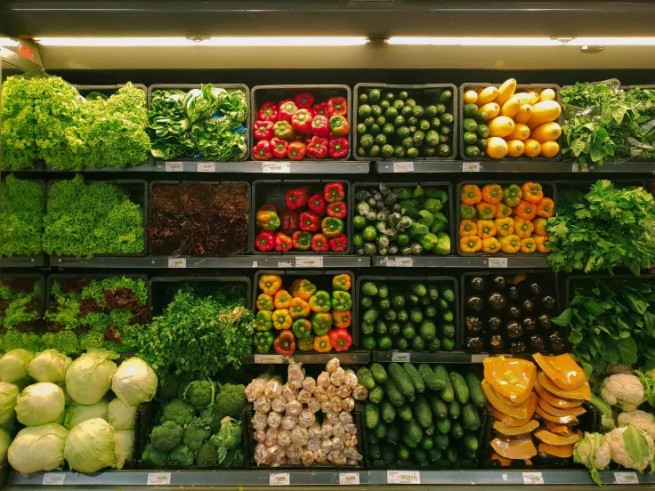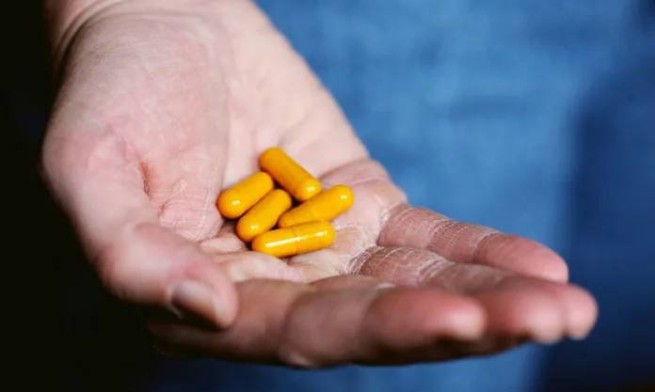Dietary supplements are an industry that is particularly growing because drug advertisements make many “promises”: weight loss, a toned body and a beautiful appearance.
In 2022, the global turnover of dietary supplements reached $180 billion and is trending upward. Along with those codes that are sold legally, large quantities are sold illegally and without proper licensing.
In early November, SDOE auditors in Athens and Thessaloniki discovered in a company selling food supplements, a large number of drugs that were sold without prior notification to the EOF and without paying duties in the amount of 479,000 euros.
Traffic police seized 2,247.17 kg of powder in containers or bags, 128.50 kg in tablets, capsules and soft gels, and 8,170 ml of nutritional supplements in liquid form.
The role of social networks
Even before they sign up for the neighborhood gym, teens have dedicated “recruiters” on social media. “They are inundated with videos and photographs of thin men/women, and youngsters dream that if they look like them, the entire opposite sex will love them. In a short period of time (and without effort), they want to have “6-pack abs,” so they swallow everything indiscriminately, just to “make their dream come true.” Sometimes it all ends in hospitalization,” says the 48-year-old physical education teacher and psychologist.
“However, this alluring and flawless image is achieved not only with the help of nutritional supplements, but also with the help of anabolic steroids,” emphasizes Spiros, a trainer with 20 years of experience in large gym chains.

Serious health consequences
The consequences of adolescents taking drugs with anabolic substances are very serious. “Acne, aggression, psychological instability, mood changes and more have been reported. In addition, in the long term there may be problems with infertility,” says Tonya Vasilakou, professor at the Department of Nutrition for Special Populations and Public Health at the University of Western Attica.
For his part, Athanasios Hatzinikolaou, Associate Professor at SEFAA Democritus University, explains that “it has been scientifically proven that over 80% of dietary supplements do not contain what they say on the label“
As As a minimum safety condition, it is recommended that the drug be manufactured by a large and well-known company certified by competent national or, even better, European authorities. For those who exceed the recommended daily dose or have an underlying medical condition, the risks increase. “Those who work out at the gym become victims of those who sell supplements as they play with their self-esteem and narcissism,” Mr Hatzinikolaou added.
Every year, quite a few teenagers end up in a hospital bed because they “decided to get thin” on their own.







More Stories
Who likes an adventure holiday?
Identification of Ukrainian pensioners-2024: 4 ways to avoid being left without money
Almost 6 out of 10 Greeks watch TV or videos on the Internet. How are things going in Europe?